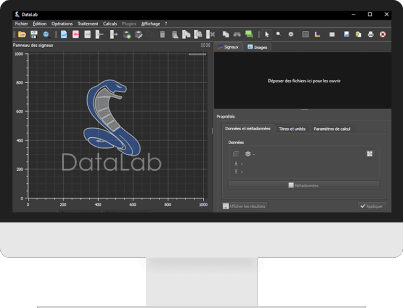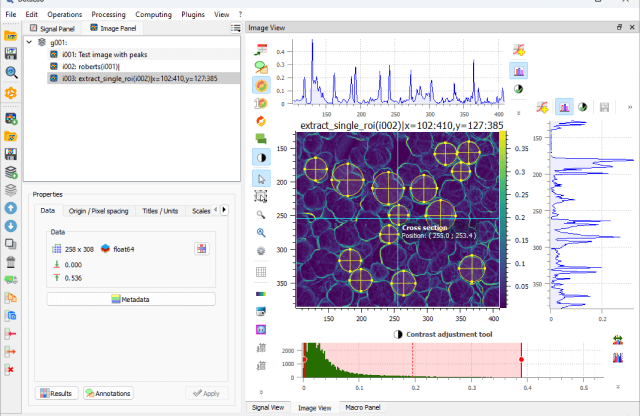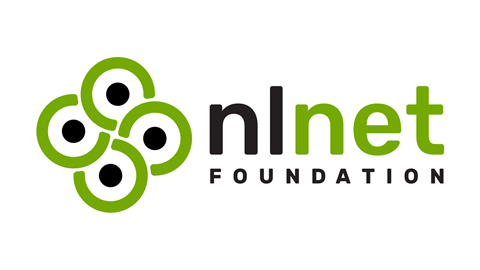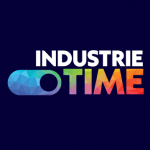CODRA is pleased to announce that its DataLab project has received funding from the NLnet Foundation as part of the NGI0 Commons Fund programme supported by the European Commission. This funding recognises our commitment to free software and open innovation.
Thanks to this support, CODRA will continue to develop DataLab, strengthening its functionality, documentation and user community.
This support marks a significant recognition of our efforts to promote digital sovereignty and open source software.
DataLab: a platform for processing and displaying scientific data
DataLab is an open source platform for processing and displaying 1D signals and 2D images, designed to be extensible, interoperable, automatable and reliable. Here’s an overview of DataLab’s key features:
- Extensible: thanks to plugins and Python macros.
- Interoperable: for easy integration into existing environments.
- Automatable: via an easy-to-use API.
- Reliable: thanks to industrial development practices.

Why choose open source software?
The choice of open source for DataLab is part of an approach to simplification and accessibility. The collaborative model of open source software means that the technology is accessible to everyone, without licence fees. This approach is particularly beneficial for scientific, industrial and innovative players, who can thus benefit from a powerful and scalable tool.
Initially used in scientific and technical contexts, DataLab has proved its effectiveness and is now being adopted by industry. By opting for open source, Codra is actively contributing to the dynamic free software ecosystem, while demonstrating its often little-known expertise. This approach is perfectly aligned with the values of CODRA, which supports useful innovation in a concrete way.
Fields of application
DataLab has applications in a variety of fields, thanks to its ability to process and visualise scientific data. Here are some concrete examples of work carried out with DataLab:
- Acquisition and analysis of experimental signals.
- Automatic detection of laser spots.
- Precise alignment of measuring instruments using image processing.
- Pattern detection and geometric image correction.
DataLab can be used in standalone mode, integrated into other software or controlled remotely via an API. In controlled mode, DataLab communicates with third-party applications, such as Panorama, to enhance their functionality without disrupting the user experience.

DataLab’s technical features
Developed in Python, DataLab benefits from the wealth of scientific and technical libraries in the associated ecosystem. Here is an overview of DataLab’s main technical features:
- Support for a wide range of standard and proprietary data formats.
- Batch processing of signals and images.
- Advanced visualisation and annotation tools.
- Signal processing and image processing functions.
- A macro manufacturer for automation.
- An integrated interactive Python console.
Further development of DataLab
The NLnet Foundation’s support for the DataLab project marks a crucial step in the development of this open source platform. Thanks to this funding, Codra will be able to strengthen DataLab’s capabilities, while continuing to promote digital sovereignty and open source software. DataLab, with its advanced functionalities and collaborative approach, is a valuable tool for scientific and industrial players, enabling them to process and visualise data efficiently and reliably.
We would like to warmly thank the NLnet foundation and the NGI0 initiative for their trust and support. Together, we will continue to push back the boundaries of innovation and offer cutting-edge technological solutions.
🔗 For more information about DataLab: https://datalab-platform.com/fr
🔗 NLnet Foundation: https://nlnet.nl/project/DataLab/







